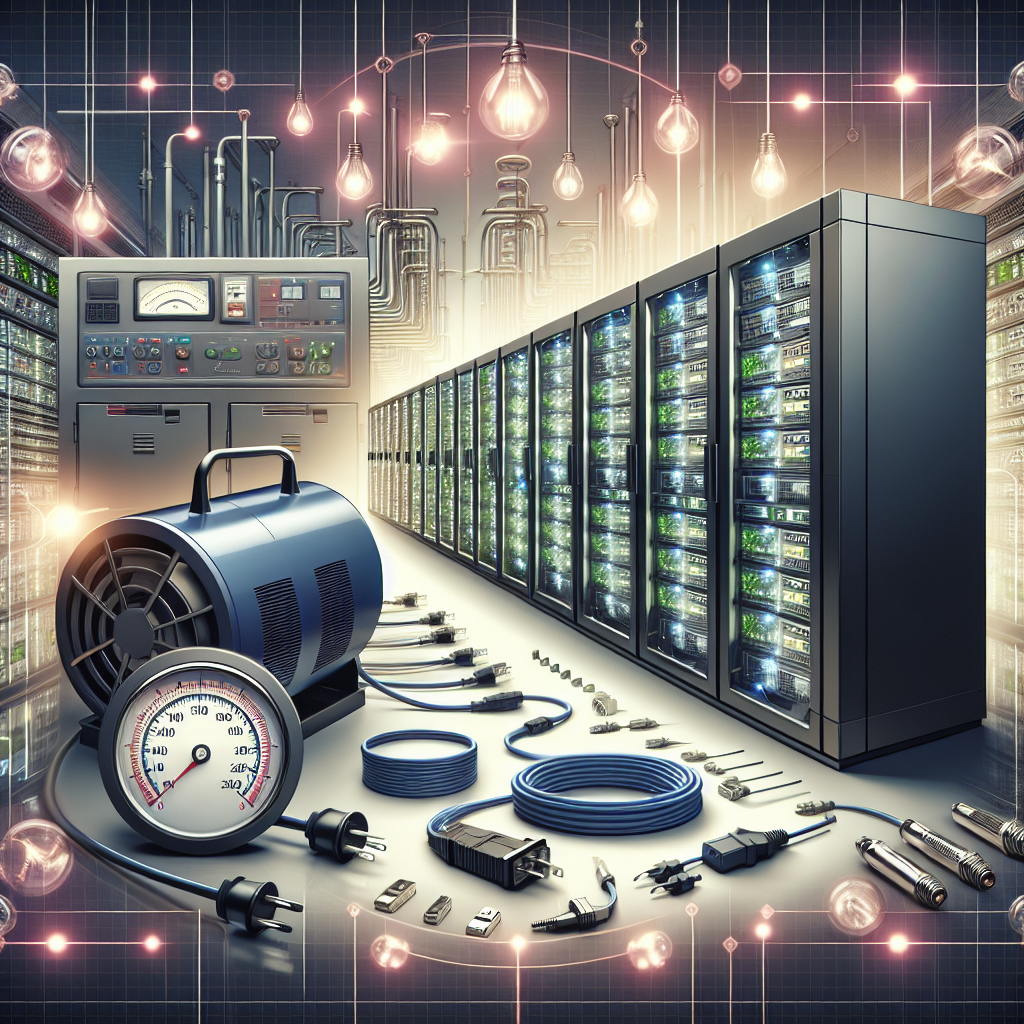Data centers are the backbone of today’s digital economy, serving as the lifeline for businesses to store, process, and manage their data. With the increasing demand for data storage and processing, data centers are becoming more critical than ever before. However, one aspect that often goes unnoticed is the power requirements of data centers and the crucial role that generators play in ensuring uninterrupted power supply.
Data centers are power-hungry facilities that consume a massive amount of electricity to run servers, cooling systems, and other equipment. The power requirements of data centers can vary significantly depending on their size, location, and the amount of data they process. In general, large data centers can consume as much electricity as a small town, making power reliability a top priority for data center operators.
One of the key challenges that data centers face is the risk of power outages, which can result in costly downtime and data loss. To mitigate this risk, data center operators rely on backup power systems, such as generators, to ensure continuous operations in the event of a power failure.
Generators play a crucial role in providing backup power to data centers, serving as a reliable source of electricity during emergencies. In the event of a power outage, generators can kick in within seconds to power critical systems and keep operations running smoothly. This ensures that data centers can continue to operate without interruption and minimize the risk of data loss or downtime.
In addition to providing backup power, generators also play a vital role in balancing the load on the grid and reducing electricity costs for data centers. By using generators during peak demand periods or when electricity prices are high, data center operators can reduce their reliance on the grid and lower their overall energy costs.
Understanding the power requirements of data centers and the role of generators is essential for ensuring the reliability and resilience of these critical facilities. Data center operators must carefully assess their power needs, implement robust backup power systems, and regularly test their generators to ensure they are ready to kick in when needed.
In conclusion, data centers are power-hungry facilities that require a reliable source of electricity to operate efficiently. Generators play a crucial role in providing backup power to data centers, ensuring continuous operations in the event of a power outage. By understanding the power requirements of data centers and the role of generators, data center operators can ensure the reliability and resilience of their facilities in today’s digital age.


Leave a Reply